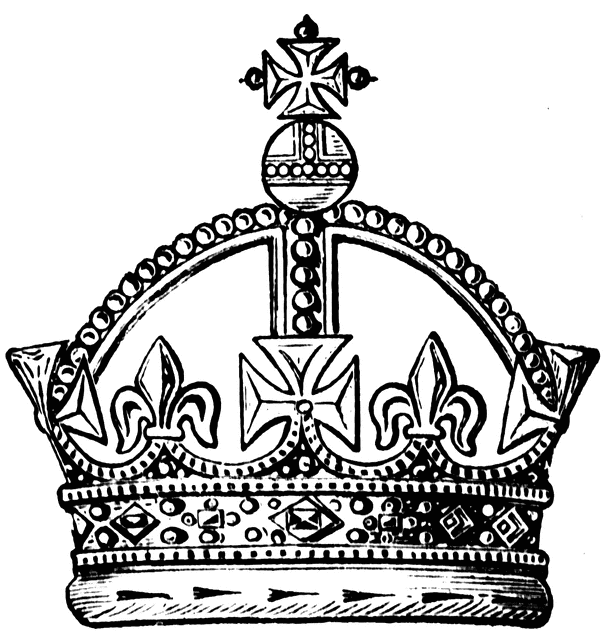Dan Woodring is continuing to work out a few issues surrounding Justification on his
Beatus Vir blog. Despite his account of his conversion to be found on those pages, he might still find that (like me, and, I suspect, Neuhaus) that a lot of "Lutheran" still sticks in the basic way of thinking about Catholic issues.
I am continuing in my regular reading preparing for the course I am teaching (
Reading Paul - you can still come along any time if you live in Melbourne but we are having our last lecture before the World Youth Day madness begins this Monday and won't meet again until the first Monday in August).
We are working through Galatians, and this week will read that famous passage, Galatians 2:16, translated by RSV (and NRSV and NIV and the NASB and the NKJV) as:
"...that a man is not justified by works of the law but through faith in Jesus Christ, even we have believed in Christ Jesus, in order to be justified by faith in Christ, and not by works of the law..."
On the other hand, the KJV has this more accurate translation of the Greek:
"Knowing that a man is not justified by the works of the law, but by the faith of Jesus Christ, even we have believed in Jesus Christ, that we might be justified by the faith of Christ, and not by the works of the law..."
The "new perspective" makes much of the correct translation of the greek genitive without any prepositions, and claims that a proper translation would be
"...not justified by the works of the Law, but through the faithfulness of Jesus Christ..."
The two genitives ("ex ergon nomou" / "dia pisteos Iesou Christou") are parallel, and suggest that in the new covenant a person is not accounted righteous according to his keeping of the Torah but according to the "faithfulness of Jesus Christ", ie. according to Christ's faithful obedience to the will of the Father.
To me this makes a lot of sense. It does not reject the important place that our own "faith IN Christ" has in our justification, but it does point out that the basis of our justification is not OUR faith (something we do) but Christ's faithfulness (something he has done for us).
A few verses later (Gal 2:20) comes Paul's famous saying
"I have been crucified with Christ; it is no longer I who live, but Christ who lives in me; and the life I now live in the flesh I live by faith in the Son of God, who loved me and gave himself for me."
Here he does use prepositions (chiefly "en" which can be translated either "in" or "by") but even here the traditional translations are a bit sloppy. The repeated "en" occurs at "en emoi" ("in me"), "en sarki" ("in the flesh"), and "en pistei" ("in faith"), but most clearly is NOT there in the phrase "te tou hiou tou theou" ("that [ie. that faith] which is of the Son of God"). Again we have the genitive "faith/faithfulness of the Son of God". So a better translation of this passage would be:
"It is no longer I who live, but Christ who lives in me. Which [life] I now live in the flesh, I live in faith[fulness], the [faithfulness] of God's Son, who has loved and given himself for me."
Now here Paul has moved away somewhat from the forensic/legal category of "justification" to a more mystical participatory image of his life "in faith". It describes--not so much his "life in Christ" as "Christ's life in him". But remarkably he does not say here that this life is "
by faith in the Son of God" (the traditional translation), but rather "
in the faithfulness of the Son of God", and the faithfulness of God's Son consists precisely in this: That God's Son has loved me and given himself for me. See? Again it is NOT the faith that I have in him, but what HE has done for me.
And then we come to the great "simul justus et peccator" idea that has so much importance in Lutheran thought. In exactly the same passage (Galatians 2:15) Paul seems to rule out any idea that one can be in the category of "(gentile) sinner" at the same time as being declared "righteous" (ie. a fully paid up member of the People of God, the Children of Abraham). Paul certainly knows that even righteous Christian believers commit sin--even in his pre-Christian life he would certainly have admitted that those who were children of Abraham by birth (ie. Jewish) still committed sins--but when he talks in terms of "sinners" and "righteous" he is (as was Jesus in the Gospels) speaking in categories, not in terms of individual acts of sin. "Living in sin" or being "dead in sin" (both paradoxically meaning the same thing) referred to someone who was not "justified", ie. who had not (by birth according to the Law as the Jews claimed or by faith in Jesus Christ as Paul taught) been declared to be righteous. No Christian who lives by faith can be said to be "dead in sin", even though they daily commit sin which requires repentance and forgiveness.
The whole of Ephesians 2:1-10 makes it clear that Christians WERE "dead through sin", but NOW God has "made us alive together with Christ (by grace you have been saved) and raised us up with him". There is truly no sense of being equally totally "peccator" at the same time as one is equally totally "justus" in this passage.
What difference could such a consideration make to our ecumenical dialogues? I keep asking this question, because we say that we want to be scriptural in our teaching and that the Scriptures are our highest authority. Yet we keep reading them through the controversies of the 6th and 16th Centuries.















.JPG)







